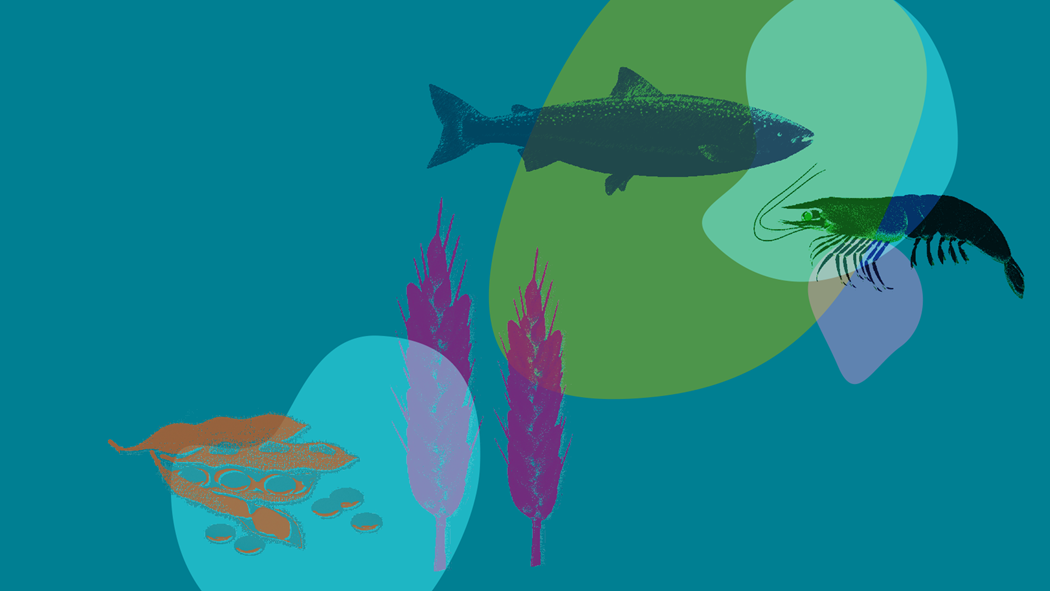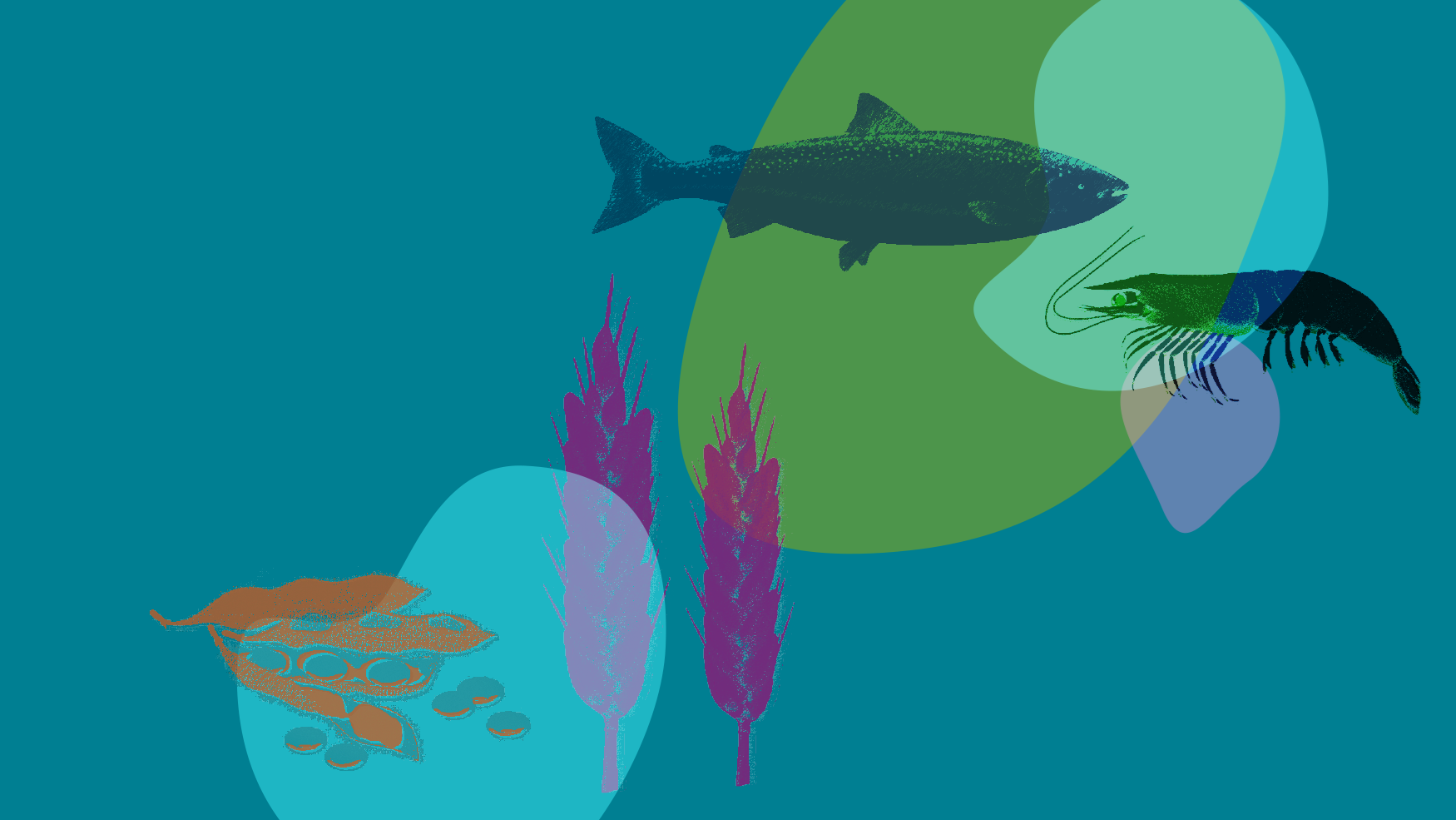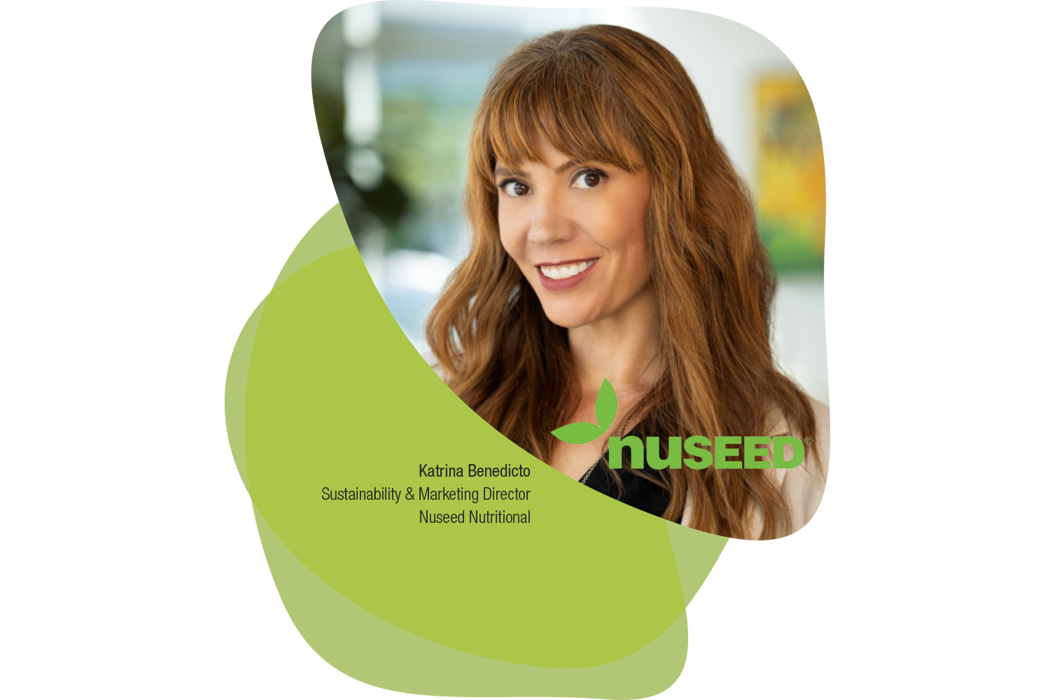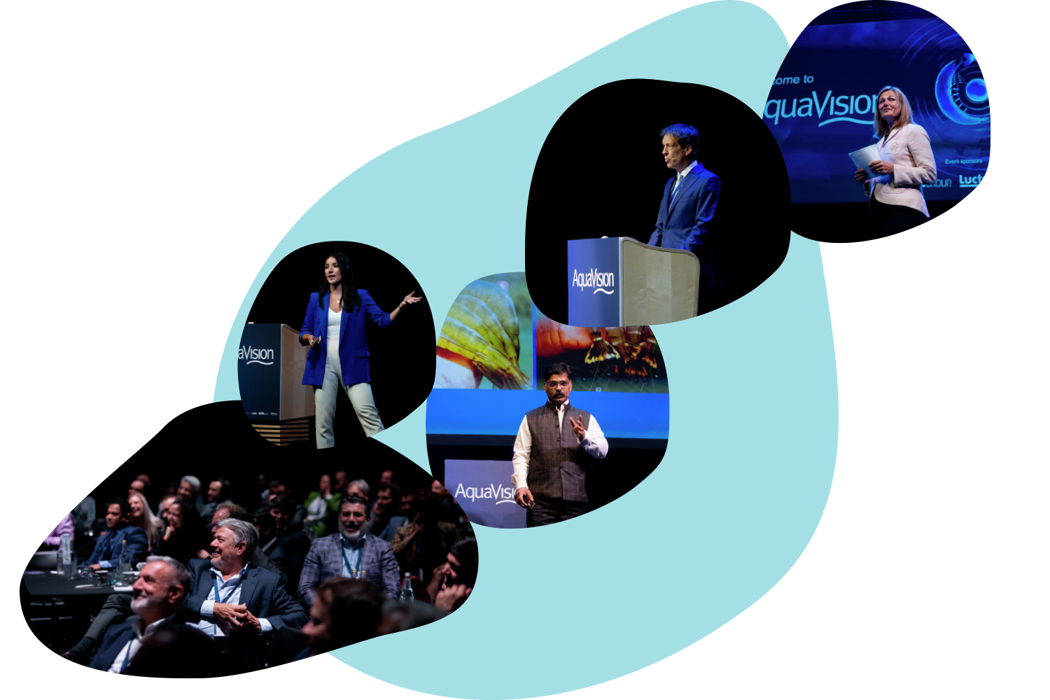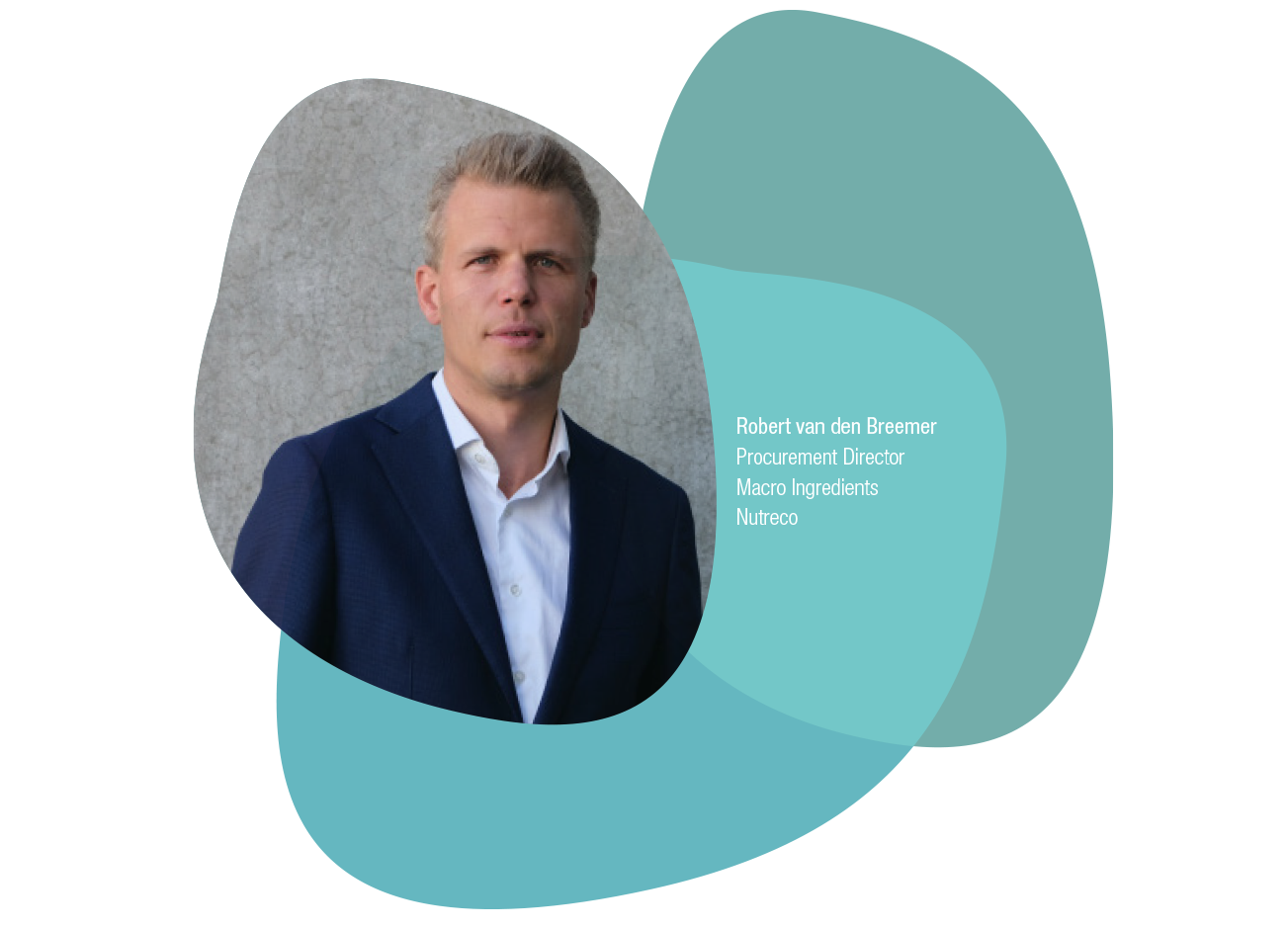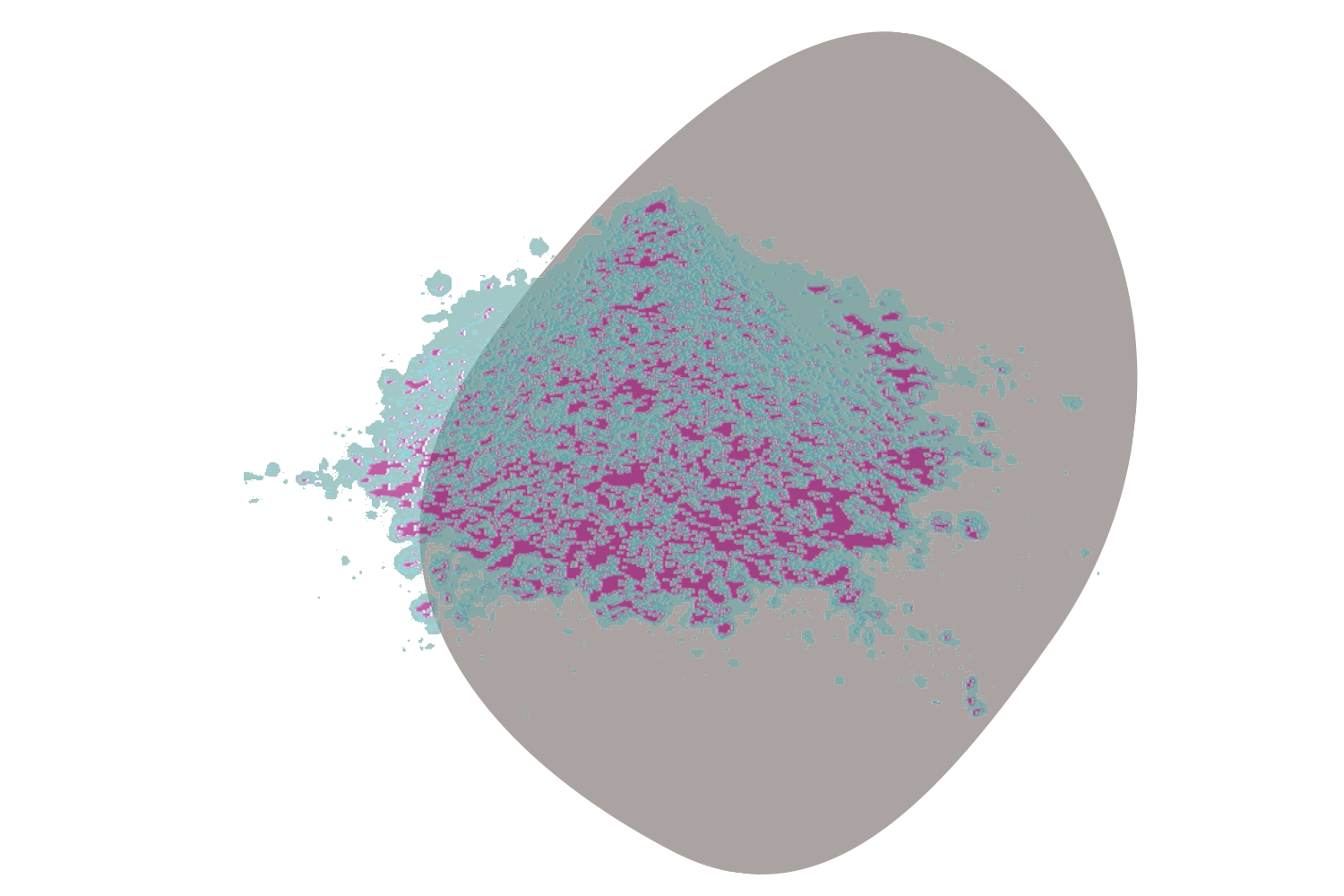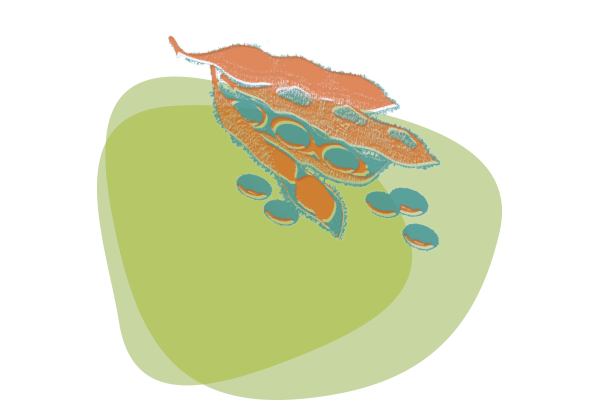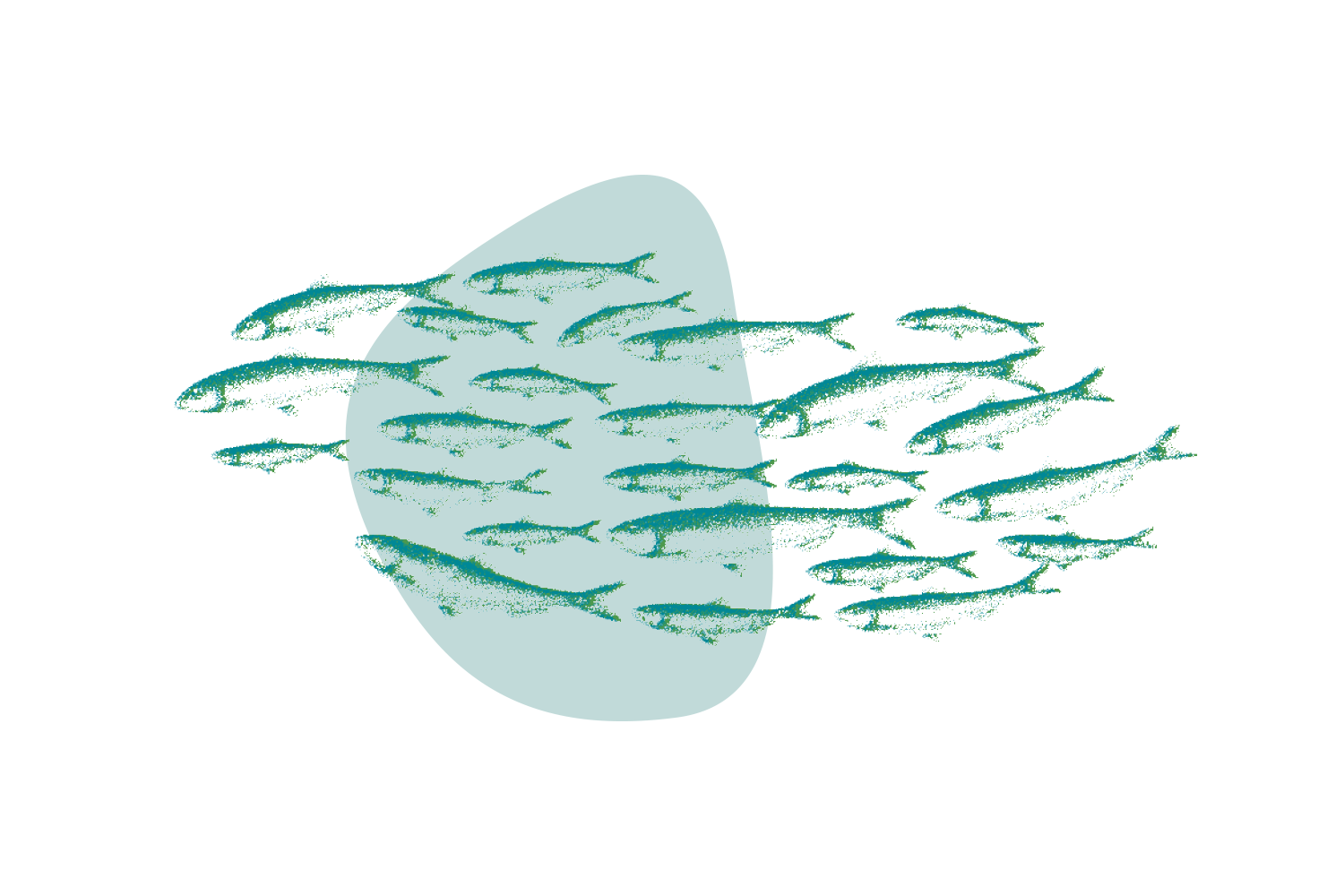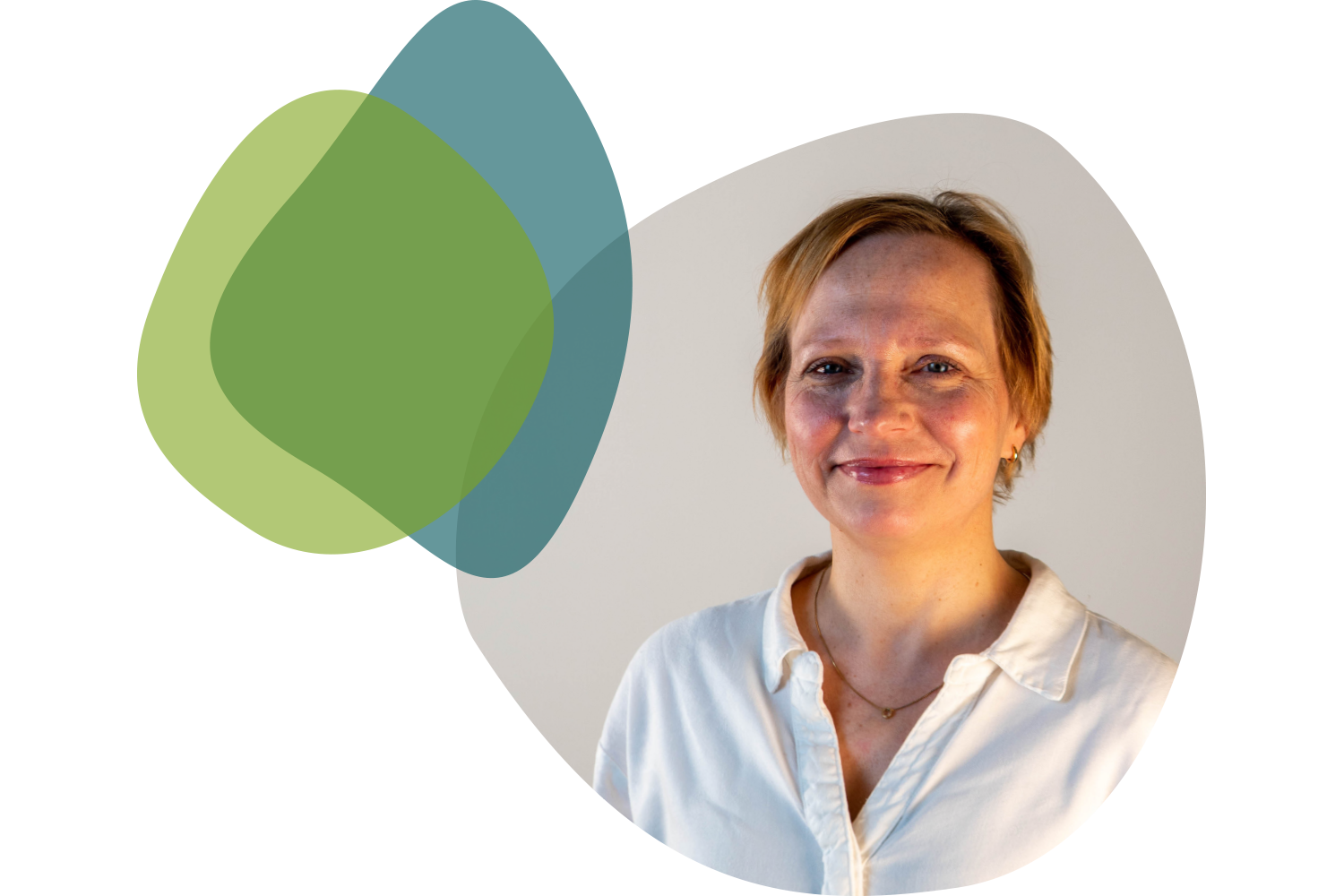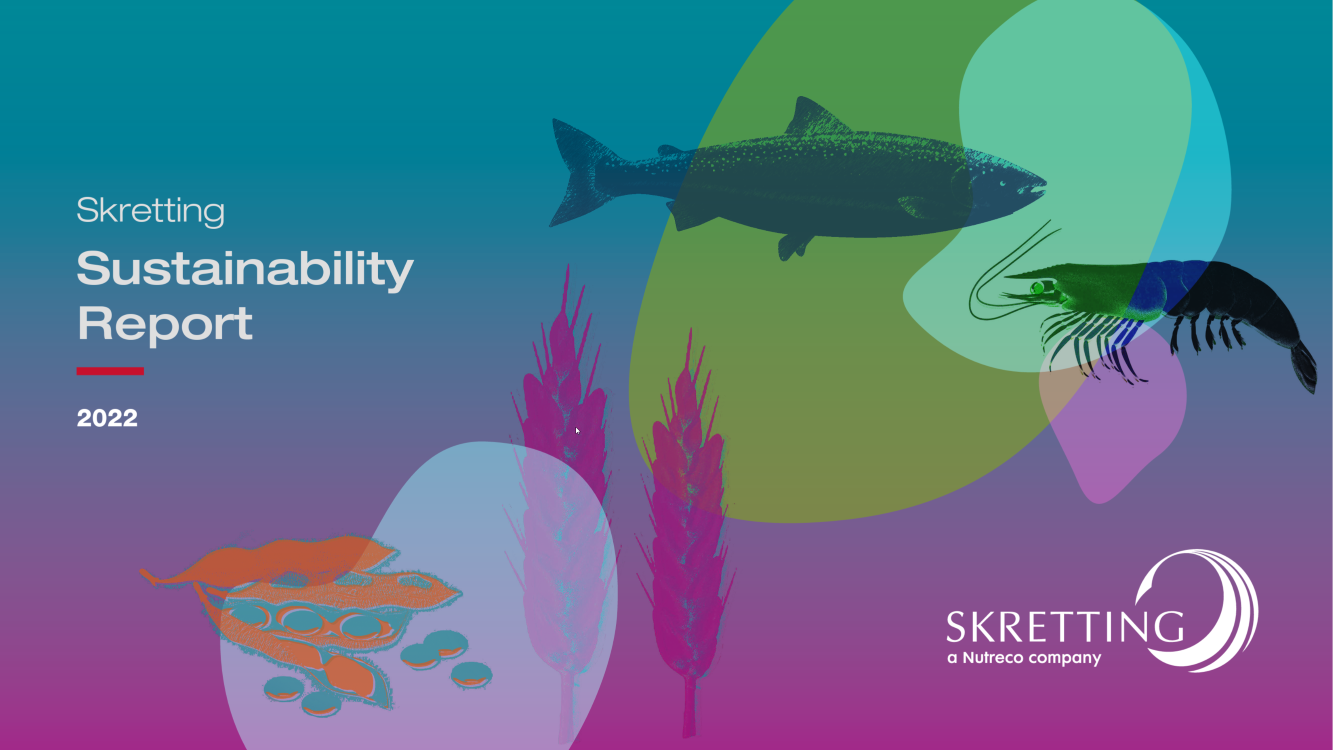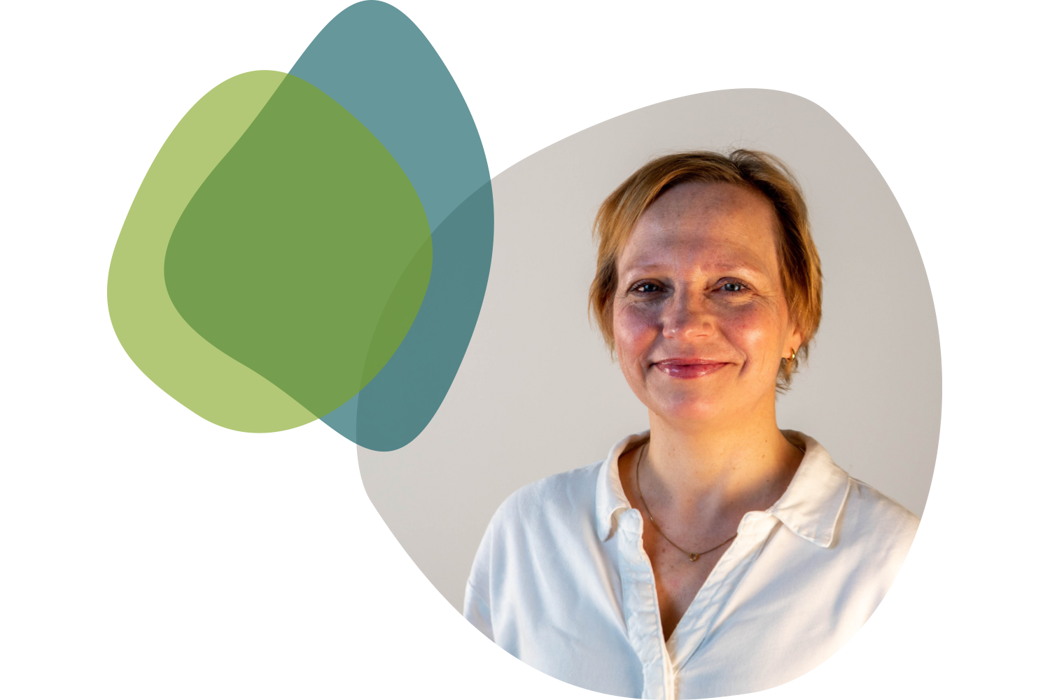
With commodity prices remaining high, we are focused on alternative ingredients and suppliers to spread the risk and keep costs down. This has created opportunities for several novel ingredients to become more competitive.
In 2022 we made important progress in novel ingredients, increasing our overall inclusion rate from 0.064% to 1% of total raw materials purchased.
The volume increase was partially due to our increased usage of omega-3 alternatives, such as algae and omega-3 canola oil. Several of these oils are now commercially available and implemented in most of our aquafeed businesses. We saw good tailwind behind the introduction of novel vegetable raw materials, such as horse bean starch and concentrated maize distillers' grains, and we are pleased that these products, developed specifically for the feed industry, are finding their way into aquafeed diets.
